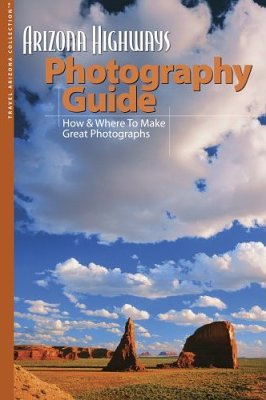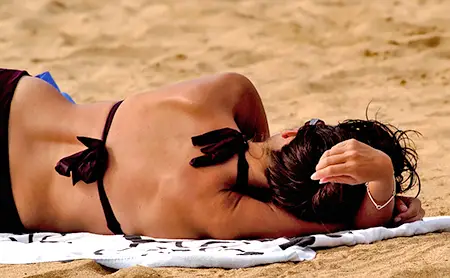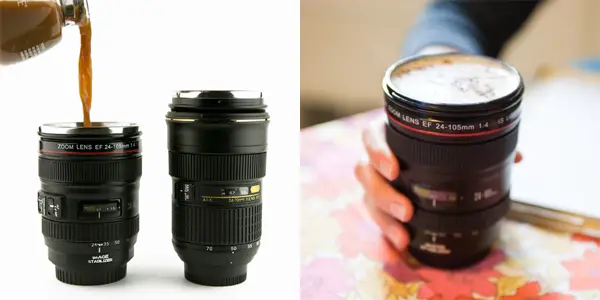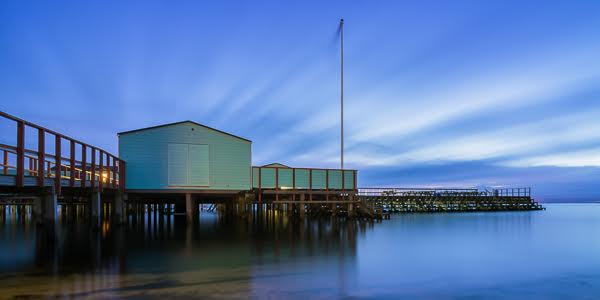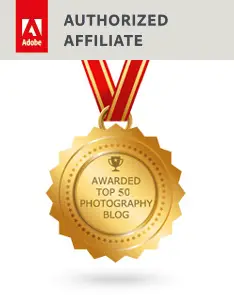A little while back a new photo book printing service called Albelli sprang up. They gave us some coupon codes for a free medium landscape photo book. You used those codes and made your books. And the general consensus? Meh.
Have you used a photo book printing service that you love (or hate)? Please tell us about it in the comments below!
As for Albelli, here’s what some of you thought of the service:
Dan wrote:
I wanted to wait until I received the book before I wrote a review. The review is still in development but I’m glad I waited because the book arrived with some problems in it. The software also has some issues that should be resolved, which I’ll mention in a comment on the blog post.
The real problem I have is that four images printed incorrectly. Two were badly skewed/stretched, one had a handwritten press through from paper on top where I can see a handwritten “43” (it looks like a ballpoint pen was used with only a thin piece of paper on top of the photo for some reason) —
… Continue reading Review roundup: Remember Albelli photo books?

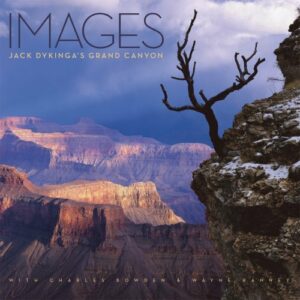
 There has been a lot of discussion and a lot of fear among photographers regarding potential orphan works legislation.
There has been a lot of discussion and a lot of fear among photographers regarding potential orphan works legislation.